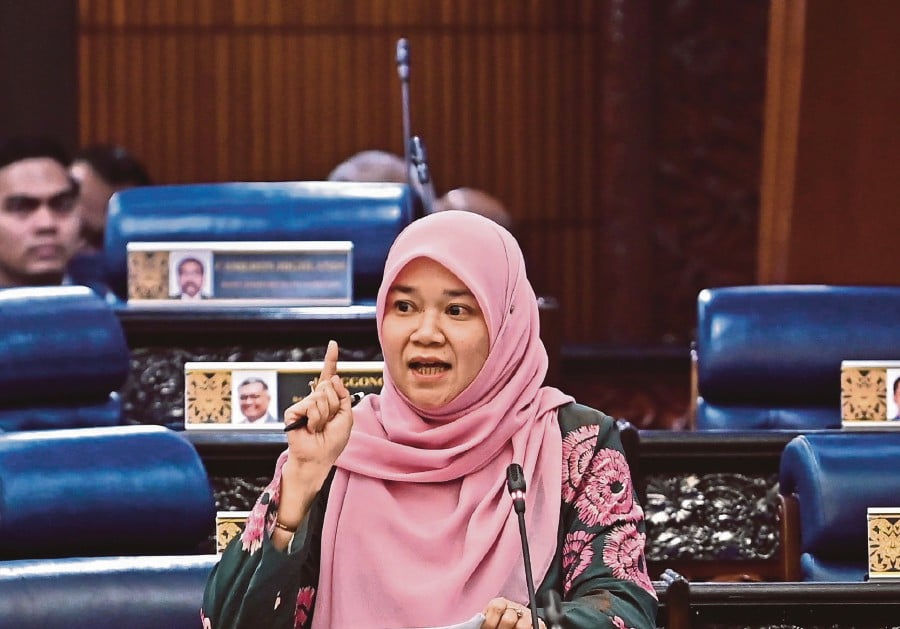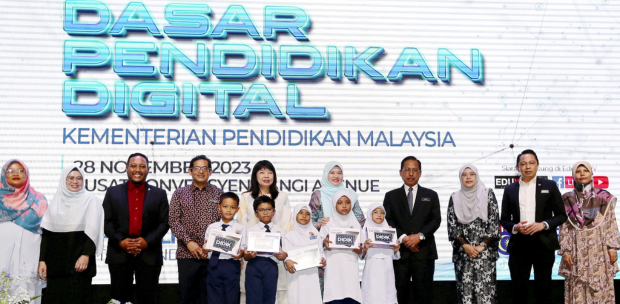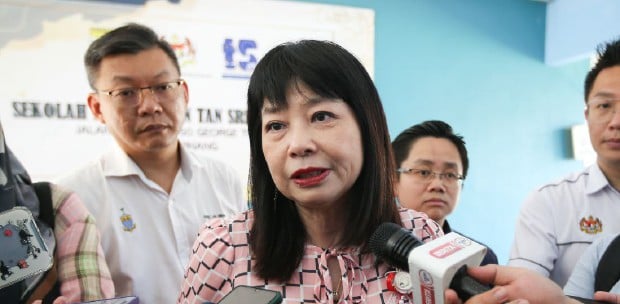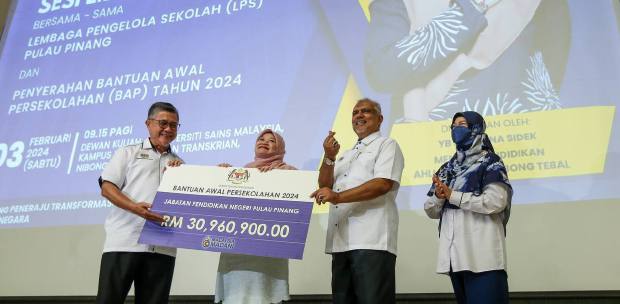BANGI: The Education Ministry has launched the National Digital Education Policy which placed a focus on the importance of integrating digital education to empower students in several key aspects of education.
Minister Fadhlina Sidek said such aspects involve creating innovations, analysing data scientifically, solving problems, and communicating effectively.
She said to achieve these goals, the National Digital Education Policy outlines six strategic cores implemented through short-term, medium-term, and long-term action plans.
"These cores cover areas such as Digital Proficient Students, Competent Digital Educators, Visionary Digital Leadership Culture, Empowerment of Digital Information Infrastructure, Quality Digital Content, and Committed Strategic Partnerships.
"In an effort to bridge the digital gap between urban and rural areas, the ministry has strengthened 367 Teachers' Activity Centres and 16 Education Technology and Resources Sectors (SSTP) throughout the country as Centres of Excellence (COE) for digital education initiatives.
"The Education Ministry has provided ICT (Information and communications technology) equipment in three phases, covering a total of 11,255 schools.
"The first phase, involving 3,910 schools, was completed in December 2022. The second phase, covering 3,455 schools, was completed in July 2023, and the third phase, involving 3,885 schools, is expected to be completed in early 2024," she said during her speech in the launching ceremony at Bangi Avenue Convention Centre, here.
Also present were the Deputy Education Minister Lim Hui Ying and the ministry's Educational Resources and Technology division director Zainal Abas.





